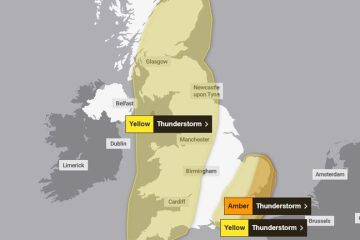The Importance of Coral Reefs and Current Threats

Introduction
Coral reefs are often referred to as the “rainforests of the sea” due to their stunning biodiversity and crucial roles in marine ecosystems. Covering about 0.1% of the ocean floor, they provide habitat and food for a multitude of marine species, support fishing industries, protect coastlines from erosion, and attract tourism. However, coral reefs are currently facing unprecedented threats from climate change, pollution, and overfishing. Understanding the importance of coral reefs and the challenges they face is paramount for sustainability and conservation efforts.
Current Threats to Coral Reefs
Temperature rise is one of the most pressing issues affecting coral reefs; warmer ocean temperatures lead to coral bleaching, where corals expel the symbiotic algae that provide them with nutrients and colour. According to a recent report by the Intergovernmental Panel on Climate Change (IPCC), heated ocean waters are expected to dramatically increase over the next few decades, further jeopardising coral health. Additionally, ocean acidification, resulting from excessive carbon dioxide emissions, deteriorates the calcium carbonate structures that are essential for coral growth.
Pollution also poses a severe threat to coral ecosystems. Runoff from agriculture and urban areas, laden with nitrogen and phosphorous, can lead to algal blooms that suffocate corals. Marine plastic pollution contributes to both physical harm and toxic exposure to these sensitive organisms, hindering recovery efforts. On top of these environmental factors, overfishing disrupts the delicate balance of reef ecosystems, leading to an increase in harmful species that compete with corals for resources.
Conservation Efforts
Recognising the critical state of coral reefs, various international and local initiatives have been launched to protect and restore these vital ecosystems. Projects such as the Coral Triangle Initiative aim to promote sustainable management practices and conservation across the region’s rich marine biodiversity. The United Nations has also declared 2021-2030 as the Decade of Ocean Science for Sustainable Development, focusing on enhancing the scientific knowledge necessary for preservation.
Conclusion
The future of coral reefs hangs in the balance. With climate change, pollution, and overfishing driving their decline, urgent action is needed to mitigate these threats. Readers can play a role by advocating for sustainable practices, supporting conservation efforts, and spreading awareness about the importance of coral ecosystems. The survival of coral reefs is critical not only for marine life but for humans as well, as they play a key role in global climate regulation and coastal protection. Without decisive action, we risk losing these vibrant underwater cities, with irrevocable consequences for both biodiversity and our own well-being.







